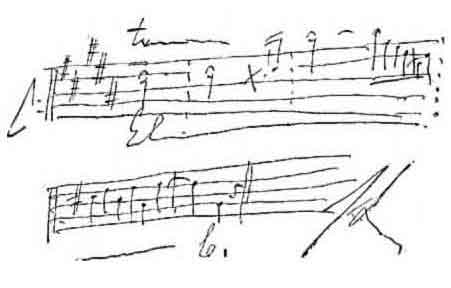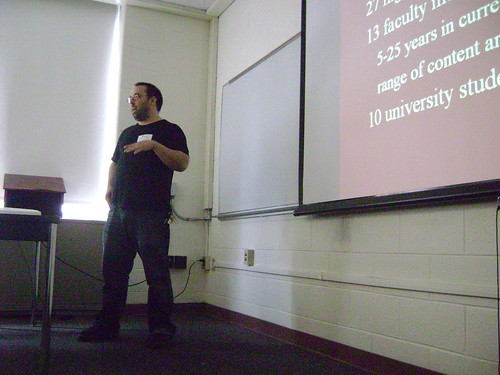Value added Interest
Every parent wants their kids to be something. Right?
When I was younger I asked my mother what will I be.
Will I be pretty? Will I be rich?
In my post about Athletic Expertise, I covered interest and its effect on activity and thinking. Where there is interest, there comes some pleasure and some level of choice that makes activities like practice and sacrifice enjoyable. One of the convoluting results of this is that those activities tend to go under-reported. The interested individual gains a reputation for brilliance early on and this influence has its effects as well–often detrimental but that is another discussion.
Parents and teachers show restraint when children demonstrate interest in activities, ideas, and pastimes. It probably sounds silly. Children take interest in lots of things. Some of these attract naturally due to a tacit gravity. Others come from immediate social or societal values. Nonetheless, it is common to allow them to explore the world before an investment of time and other resources is made in pursuit of an interest or interests.

Consider the result of a premature episode of value added interest. A child in the back seat of the car takes notice of a plane in the sky. Mom in the driver’s seat did not even notice it skating across the horizon.
That’s right, honey! An airplane. What is it doing?
It’s flying.
It sure is flying. It is full of people going out of town.
Seems innocent enough. Imagine, then, that this type of thing happens with a fair amount of regularity. It may even appear that the child has an interest in planes–even at that young age. Should the parent then make efforts to capitalize on this interest? Purchase airplane toys? Take trips to visit the airstrip or watch takeoffs from the concourse?
Bandura’s reciprocal determinism and later triadic reciprocality addressed the concept that influence is more than a one way street. Simply put–that which influences is, in return, influenced. The parent in the example above could latch on to a random act of the child and set in motion a perceived added value that could influence future choices. These choices may lead to competence. It is also possible that the parent’s choice to add value to this activity takes the child off course and away from future genuine interest and shipwrecks the possibility of Expertise.
Once interest has taken hold, what is the next influence that takes over in the life of a developing Expert? The value that the social context places on the interests of the individual.
Finding consonance or dissonance with the environment is the next decision point for the developing Expert.
How can we encourage exploration, risk-taking, and a variety of experiences without getting in the way?
Is it possible to be a guide without creating undue influence?
Will we know what genuine and lasting interests will be when we see them in our children?
Next step: Skill development with and without practice



